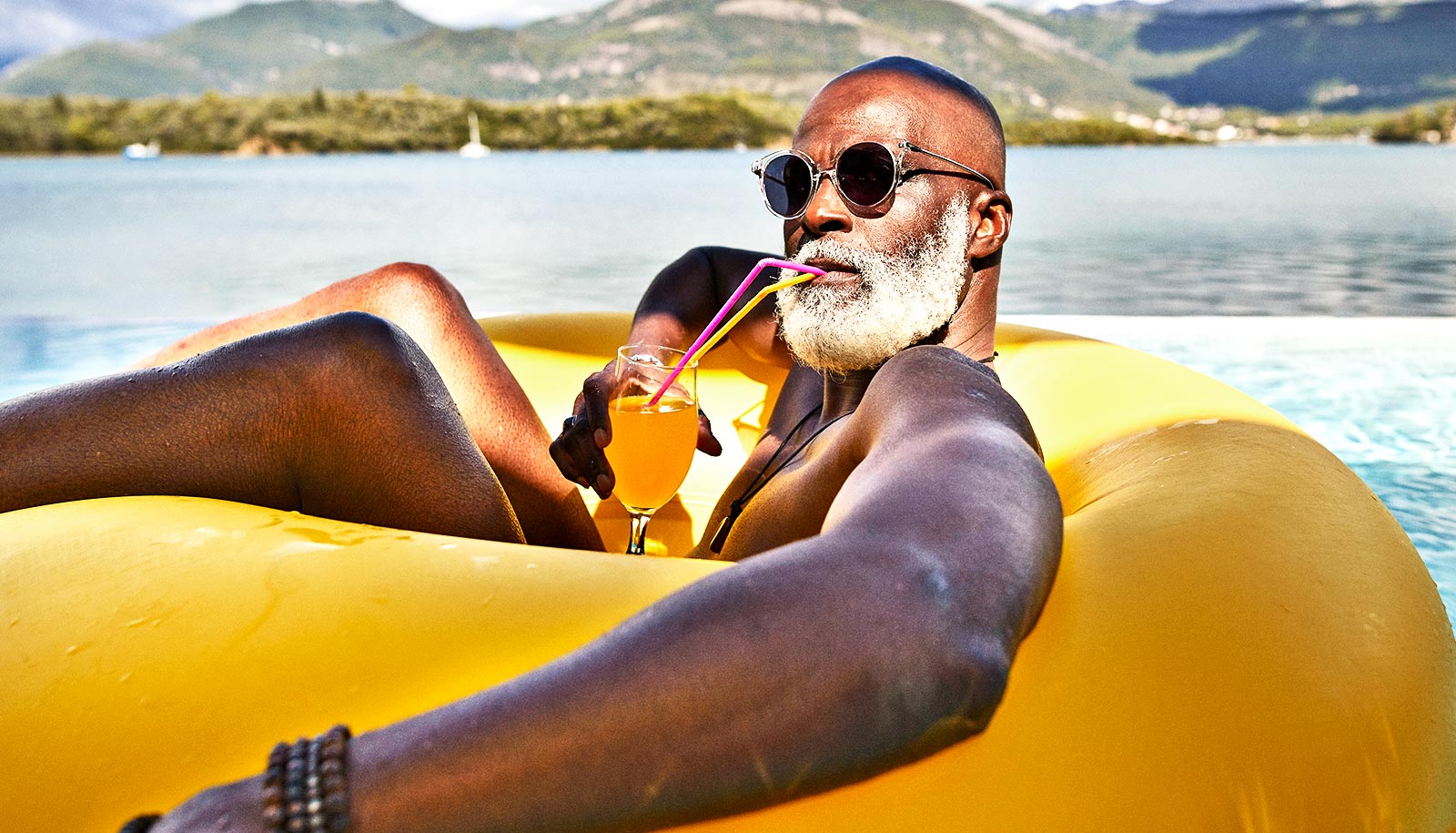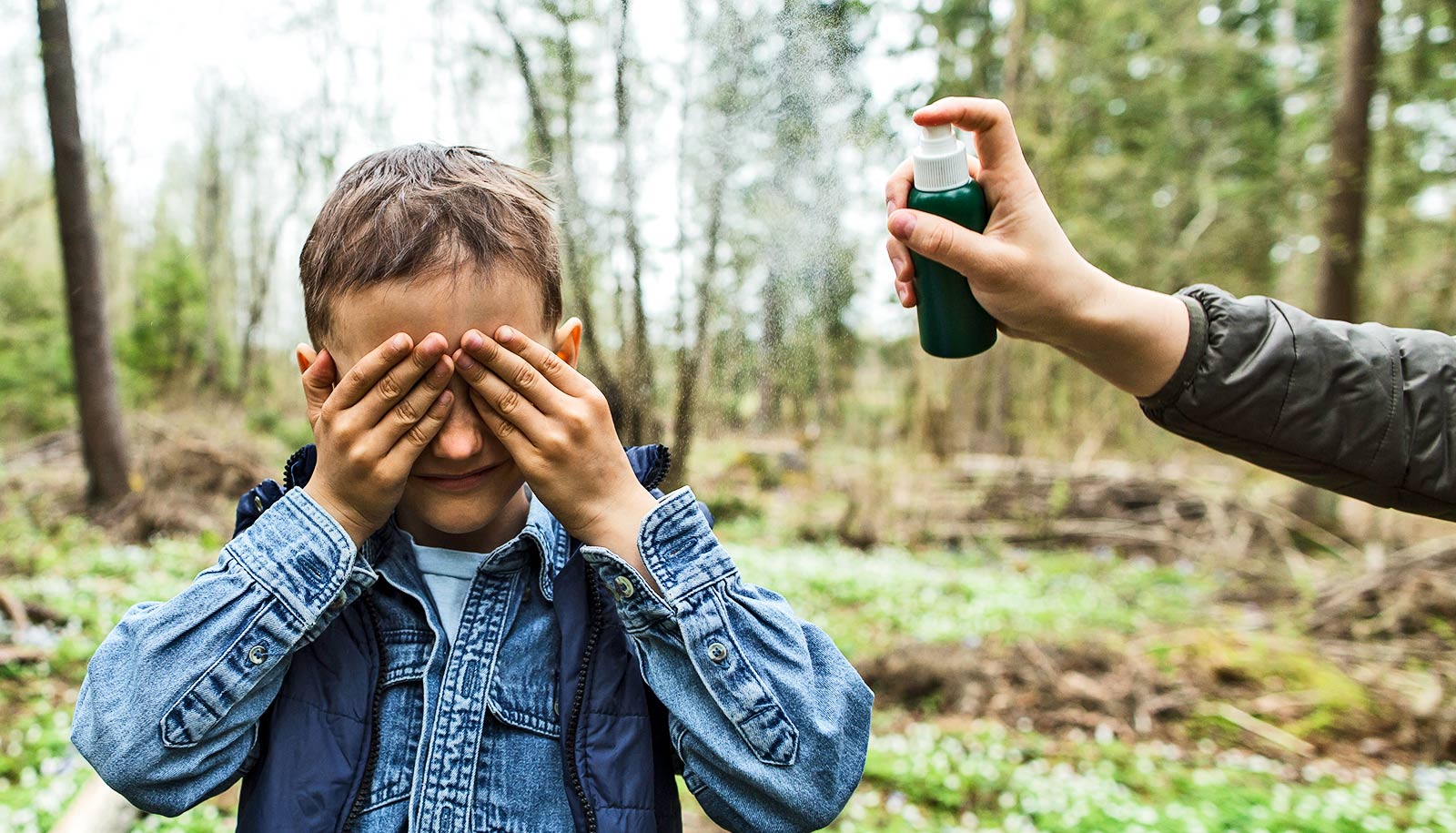An expert has tips for you to help you make the most of your summer travel.
Here, Michael McCall, a fellow in the School of Hospitality Business at Michigan State University, discusses how the travel industry has changed since the COVID-19 pandemic and shares tips for an enjoyable travel experience:
What motivates consumers to travel in a post-pandemic world?
People want to travel. There’s still pent-up demand for travel as a result of the COVID-19 pandemic. People also are taking their health—physical and mental—into greater account when planning travel.
In other words, people are asking themselves, “What kind of summer travel am I seeking?” For many in Michigan and near the Great Lakes, extended or brief trips to lakeshore locations might provide the needed respite. Others may prefer to travel to coastal beaches, invest in outdoor adventures, or plan trips to a foreign country. There is a current rush of travel to Europe, with France and Italy as particularly popular destinations.
As demand and price begin rising, other less-frequented regions might see an uptick in guest stays. A welcome boost for the hospitality industry is that consumers are allocating funds and resources toward travel and leisure.
How have the lingering effects of the COVID-19 pandemic affected the travel industry?
While there is a significant surge in demand for leisure and recreational travel, many firms are realizing that they need to get back to what hospitality is. The customer has to be at the center of what we do, and this is the important takeaway: In most cases, consumers are able to share information about their hospitality experiences at any property much quicker than the company can respond. The customer has wants, needs, and expectations that cannot be ignored without costs.
The recent surge in travel also has revealed an aging technological infrastructure throughout the hospitality industry. Earlier this year, Southwest Airlines suffered a serious customer breakdown with massive flight cancellations that were attributed publicly to a decades-old and overwhelmed IT system.
Airlines are not the only industry players in need of technological upgrades. Advances in AI, along with major IT advances, have changed the customer experience landscape in ways that many firms are beginning to experiment with. For example, contactless check-in and contactless stays are becoming commonplace. But these technology upgrades are expensive, and the recurring costs firms are expected to invest to offer these advanced services will remain an industry challenge as demand increases.
Aside from health and cleanliness standards, how can hotels better deliver on customer needs?
The industry is doing a much better job understanding what consumers want. Proper use of customer data can often uncover important information that might not otherwise be obvious. Most of the major firms have just begun to mine this wealth of information. For instance, guests who generally spend the same amount of money while staying at a property may have vastly different activity choices and spending habits. Having a better understanding of these types of differences and preferences can help properties differentiate themselves from the competition.
This is the big lesson inhospitality: realizing that one size doesn’t fit all.
When would you choose an Airbnb versus a hotel?
Airbnb’s initial short-term rental concept was to immerse travelers in an alternative guest experience that provided a home-like personal experience, while allowing homeowners to make additional income by renting part or all of their property on a nightly or short-term basis. As an innovation, it offered something new and was embraced by travelers and property owners alike. At the same time, customers were also looking for unique experiences. I think hotels and short-term rentals are both great options when they really focus on curating those special experiences.
While not without challenges, the Airbnb concept has become a part of the larger travel landscape. Short-term rentals can have great appeal, especially when larger family groups need to gather in a central location. For instance, several members of my family are attending a wedding later this summer and have rented a home for the week, which gives us more time together and a much more intimate experience than a hotel scenario could offer.
How can you make the most out of your travel experiences?
You are much more likely to have the kind of experience you want if you participate in the planning. Know what you want out of a travel experience and do the homework and planning to ensure it happens.
Depending on the trip, you might want to consult a travel professional. Online recommendations also can also help you plan your trip or identify what tourist traps to avoid.
Just keep in mind that recommendations on sites such as Google, Yelp, or Tripadvisor should be taken with a grain of salt. My preference is to seek out local advice—like asking hotel staff where they might take guests, go out to eat, etc.
What is the biggest mistake travelers make?
Travelers often make the simple mistake of expecting everything to be as it is at home. Travel requires flexibility and often a change or disruption in plans.
One way to avoid problems involves working directly with the service provider. What travelers often don’t realize is that if you book a hotel room or flight through a third-party vendor, such as hotels.com or Expedia, you’re the third-party’s customer, not the hotel’s or the airline’s. The hotel or airline is delivering you a service that a third party contracted for. When possible, it is usually preferable to deal directly with the firm or individual who is providing the service.
How will technological advancements, such as AI, affect the future of hospitality?
AI is moving at an incredible speed. Some very knowledgeable people are urging caution in how we approach the adoption of this technology until we have a better understanding of its usage limits and ethical considerations. In the hospitality space, the challenge in adopting new technologies is that it is initially very expensive, and the return on investment is more theoretical than actual. My sense is that we are going to see some interesting changes and unique hospitality offerings in the future. There is a culture of entrepreneurship in this space and all sorts of opportunities are beginning to emerge. However, these experiences are likely to remain in the boutique and luxury space as opposed to more mainstream hospitality offerings.
Source: Michigan State University



